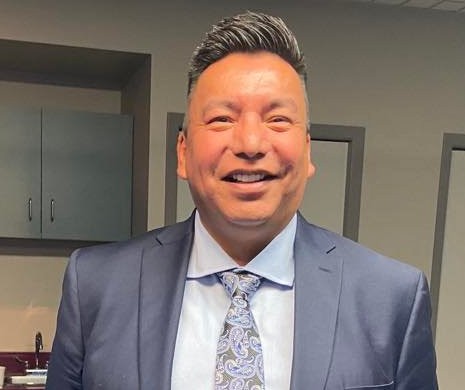Last week, the Saskatchewan First Act passed third reading despite strong opposition from Indigenous groups.
The government says the Act aims to assert its jurisdiction over natural resources. The legislation has garnered the ire of Indigenous groups since it was introduced in November with concerns over Treaty Rights and lack of consultation.
Justice Minister Bronwyn Eyre said the government met with the Federation of Sovereign Indigenous Nations and the Meadow Lake Tribal Council before the bill was passed, but adds they did not meet with other Indigenous groups like the Métis Nation-Saskatchewan and the Prince Albert Grand Council.
While Eyre says she met with some Indigenous people she refrained from saying the government did any formal consultation.
“I’m not going to presume to say that I had formal consultations, because I have been asked to not use that language by Indigenous partners whom I have spoken with, that this is about listening and it’s about dialogue,” she told a committee last week.
The concerns of a lack of consultation were further raised when SaskParty MLAs denied a motion from the NDP to allow First Nations and Metis leaders to testify at a Wednesday afternoon committee examining the bill.
On Monday morning, Athabasca MLA Jim Lemaigre spoke with MBC News on the controversial legislation.
Lemaigre spoke on the act being implemented to counteract federal policy the province feels will impact natural resource production. The Athabasca MLA acknowledged the large number of Indigenous people who attended the passing of the bill last week saying that is why he added a last minute amendment to the bill.
The amendment contained wording that nothing within the Saskatchewan First Act could impede on treaty rights found within Section 35 of the constitution.
“Which in essence means their Treaty Rights, and the Métis Nation-Saskatchewan is also identified in Section 35, so their Rights will be protected and not infringed upon by this Act,” said Lemaigre.
Following the passing of the act, MN-S Vice President Michelle LeClair voiced her displeasure over the lack of consultation during the process.
“Consultation has to start early. It has to start before a Bill is introduced. This Bill potentially could create such an impact on our rights,” said LeClair. “Now if they want exclusive jurisdiction over land and resources, and they’re not consulting with us at all at this point, how can we expect that is going to get any better when they have exclusive jurisdiction, and what does that mean?”
When asked about claims of a lack of consultation of Indigenous groups on this legislation, Lemagire said he can only speak on the level of engagement he did. He said he has had discussion with communities in the northwest along with local Métis presidents. However, Lemaigre said he made attempts to meet with the Provincial Metis Council, but a meeting never materialized.
“Before the legislation passed there was always opportunity to have engagement and hear views and concerns… I did that by going and visiting communities in the north and that is where I heard concerns, so I brought the amendment forward.”
In the meantime, both the FSIN and the MN-S have indicated the possibility of a legal fight now that the bill has been passed.
“I can’t speak to their intentions and how they see the future of the Saskatchewan First Act,” said Lemaigre when asked about possible legal action. “What I can say is the amendment I brought forward ensures this act is not infringing on Indigenous rights found in section 35.”
(With files from Dan Jones)
(PHOTO: Jim Lemaigre. Photo by Michael Joel Hansen.)
